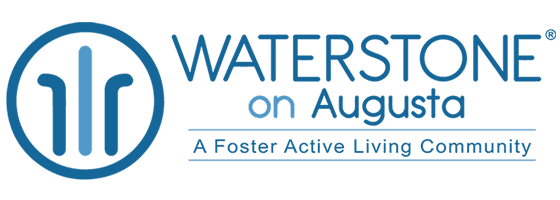Are you concerned about a potential dementia diagnosis? It may feel scary, but detecting it early and getting the help you need is the best way to protect yourself. If you know the early signs of dementia, you’ll know when to reach out for help.
Exploring the Early Signs of Dementia
If you’re a senior or you have a senior loved one, you’re probably concerned about the potential of dementia in your future. While the idea of dementia can be frightening, the last thing you want to do is ignore it. Diagnosing dementia in the early stages of the disease is vital to getting the essential care a patient needs. Learn the early signs of dementia to know when to seek help.
What Are the Early Signs of Dementia?
When diagnosing dementia, doctors typically look for signs that a senior’s life is beginning to be disrupted by cognitive issues. If a senior occasionally forgets a name or fails to write down an appointment in their calendar, dementia isn’t necessarily the culprit. However, if these issues frequently disrupt a senior’s life, a dementia diagnosis may become appropriate. So, what are the disruptive early signs of dementia that doctors look for?
Cognitive Lapses
The number one thing doctors look for when diagnosing dementia is evidence of cognitive lapses significantly interfering with a senior’s ability to live independently. For some seniors, this can be evidence of forgetfulness, such as an inability to retain new information. For other seniors, it can be evidence of disorientation, such as not knowing what day it is or where they are currently located when they are repeatedly asked. Impaired judgment can also be a significant sign of dementia in many seniors, so caretakers should look out for odd or potentially dangerous behaviors.
Difficulty Performing Daily Tasks
When a senior is struggling with dementia, everyday tasks that they take for granted can become unexpectedly challenging. Seniors with dementia might forget essential steps of their routine, even if they’re familiar with something like making breakfast or showering. As a result, issues like neglected hygiene and malnutrition can point doctors toward a dementia diagnosis. Continuously misplacing everyday items can also be evidence of dementia and can contribute to difficulties with daily tasks.
Social Struggles
One of the reasons dementia is so challenging for seniors is that it affects their ability to communicate, making it isolating. If you’ve noticed a senior has trouble talking or using words in other contexts, dementia could be why. Dementia can also cause dramatic mood shifts and temperament changes in seniors, making it difficult for them to maintain social connections. If a senior is withdrawing from friends and family, dementia should be explored as a potential cause.
How Can I Tell If It’s Dementia or Something Else?
While it’s essential to pay attention to potential early signs of dementia, it’s also important to remember that not every example of the issues above is evidence of a possible diagnosis. Memory lapses and other problems can be caused by various conditions commonly related to aging, ranging from insomnia to medication side effects. Talk to a medical professional about any concerns before jumping to conclusions!
_____
Now that you know the early signs of dementia, you can ensure you or your senior loved ones get the care they need. A memory care community can be a wonderful, supportive home for someone with dementia. Contact us to learn more.
Are you looking for a premier assisted living and memory care community in the heart of downtown Greenville, South Carolina? Come visit us at Waterstone on Augusta. Our community is both relaxing and elegant, and we strive to enhance the quality of life of the seniors we serve through teamwork and unity. To learn more about our amenities and to view our lovely community, please schedule a tour online or call us today at 864-605-7236.

